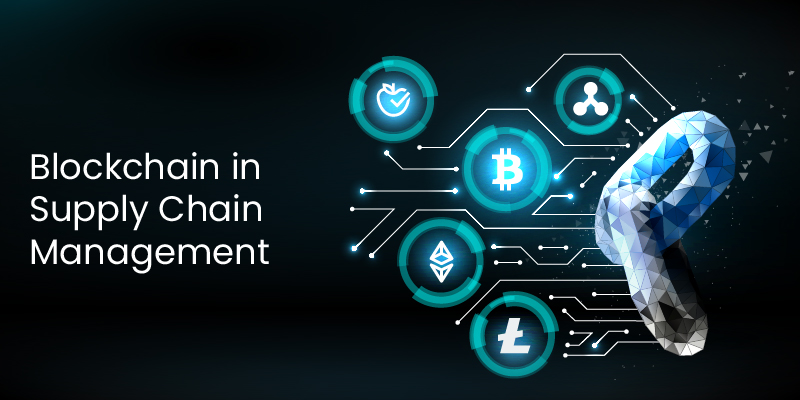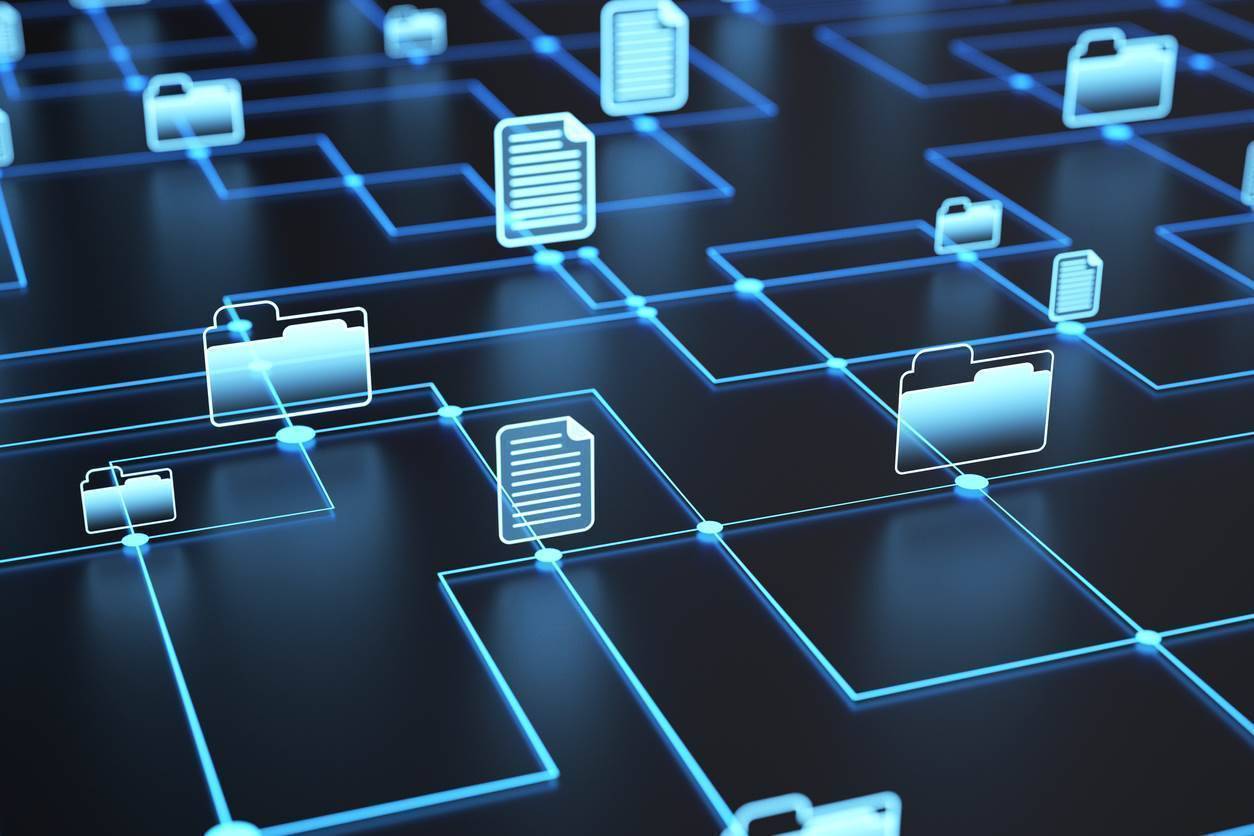Introduction: Why Blockchain Matters in Supply Chain
Hey there, reader! Ever heard of blockchain? You know, that tech buzzword that’s usually associated with cryptocurrencies like Bitcoin? Well, guess what? It’s making waves in other industries too, and today we’re diving deep into its role in supply chain management. Trust me, by the time you finish reading this article, you’ll be amazed by how transformative blockchain can be.
But first, let’s clear up what we mean by supply chain management. It’s all about overseeing the entire life cycle of a product, from initial production to its eventual delivery into the consumer’s hands. Sounds simple, right? Think again. There are so many steps involved, and if one step goes wrong—well, it’s a mess. That’s where blockchain comes in!
Blockchain Basics: A Quick Refresher
Before we go any further, let’s make sure we’re all on the same page about what blockchain is. Imagine a ledger that’s not stored in one place but is distributed across a network of computers. Each block on this chain contains transaction data that’s locked in and is practically impossible to alter without changing every subsequent block.
Why is this a big deal, you ask? Well, because it offers a level of security and transparency that traditional systems can’t match. You can track everything without worrying about unauthorized changes. Now, let’s apply this to supply chain management.
Enhanced Traceability: Follow That Product!

One of the biggest headaches in supply chain management is traceability. When a problem arises with a product, it’s crucial to identify where in the chain things went wrong. Traditionally, this would take days or even weeks of sifting through paperwork and databases.
Enter blockchain. With a blockchain-based supply chain, you can trace a product’s journey in real-time. If there’s a defective product, for example, you can quickly identify where the fault occurred and take corrective action ASAP. This not only saves time but also builds trust among stakeholders.
Security: Goodbye, Counterfeits!
Fake products are a massive issue. They not only tarnish a brand’s reputation but also lead to financial losses. Here, blockchain comes to the rescue with its inherent security features. Once information is recorded, altering it is next to impossible. This means it’s extremely hard for counterfeiters to operate within a blockchain-enabled system.
Smart Contracts: Automate the Boring Stuff
Smart contracts are self-executing contracts where the terms are directly written into lines of code. Imagine automating processes like payments, receipts, and compliance checks. You do the math once, set the rules, and let the system handle the rest. No more chasing people for signatures!
Increased Efficiency: No More Middlemen
In a traditional supply chain, a plethora of intermediaries are involved. These middlemen often add complexity and cost. Blockchain allows for peer-to-peer transactions, reducing the need for these intermediaries. The result? Faster processes, lower costs, and less red tape.
Data Sharing: Better Collaboration, Better Outcomes

With blockchain, data isn’t siloed but is available for all parties to view and analyze. This level of transparency fosters better collaboration between different stages of the supply chain, making the whole system more efficient and responsive to market demands.
Real-world Examples: It’s Already Happening
Companies like IBM and Maersk are already using blockchain to streamline their supply chain processes. These aren’t small-scale experiments but full-fledged applications that are making supply chains faster, more transparent, and less prone to errors.
Conclusion: The Future is Bright
So there you have it—the many ways blockchain is revolutionizing supply chain management. From enhanced traceability and security to the automation of mundane tasks, blockchain is a game-changer. While it’s not without challenges, such as scalability and energy consumption, the benefits far outweigh the drawbacks. So, is blockchain the future of supply chain management? It certainly looks that way!
Explore the rest of our website Tech Glints, intriguing articles await you! Interested in contributing? Simply click the contact button at the top right. Thank you!
